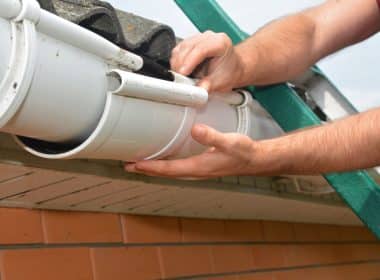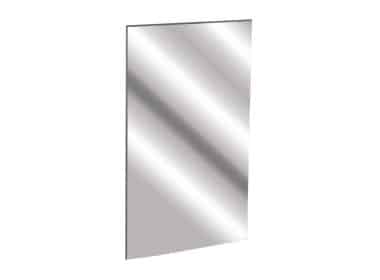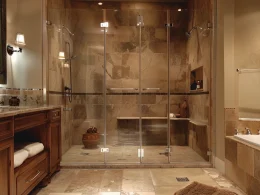As we move through the 21st century, the technology behind home heating systems is evolving rapidly. Gone are the days of simple wood stoves and basic radiators.
Today’s innovations promise greater efficiency, eco-friendliness, and smart integrations that can make your home more comfortable than ever. In this blog post, we’ll explore some of the most exciting advancements in home heating systems that you should definitely know about.
Smart Thermostats
One of the biggest leaps forward in home heating technology is the proliferation of smart thermostats. These devices learn your schedule and preferences, adjusting the temperature automatically to save energy and enhance comfort.
Some models even use weather forecasts and geofencing to optimize heating. The convenience and savings provided by smart thermostats make them a must-know innovation.
Use of AI in Heating Systems
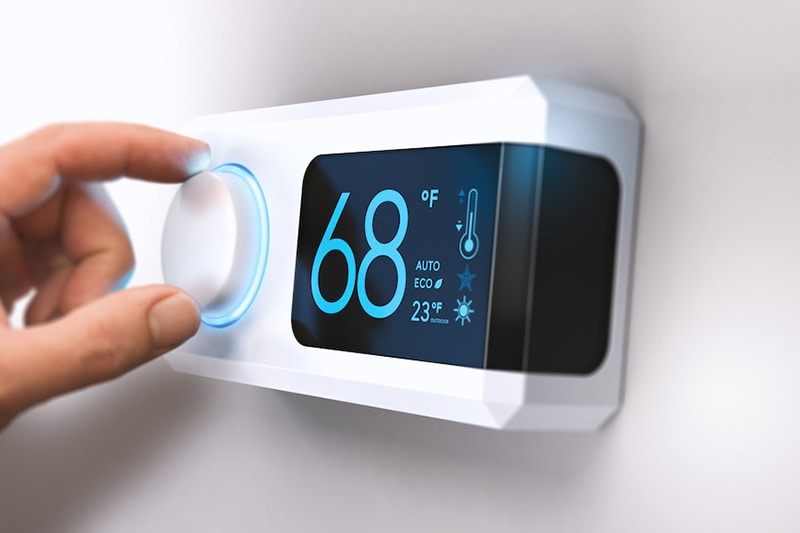
Artificial Intelligence (AI) is making its way into home heating systems, offering predictive and adaptive solutions that learn from user behavior and environmental conditions. AI-driven systems can make real-time adjustments to maintain optimal comfort while minimizing energy use.
This technology promises even greater efficiency and personalization in home heating. To ensure these advanced heating systems work effectively, it is important to regularly maintain your home furnace. Regular maintenance keeps your system running smoothly and can extend its lifespan.
Heat Pumps
Heat pumps are another exciting development. Unlike traditional furnaces that generate heat, heat pumps transfer heat from the outside air or ground into your home.
During warmer months, they can even reverse the process, essentially working as an air conditioner. This dual functionality means heat pumps can provide year-round climate control while being more energy-efficient than other systems.
Hydronic Heating
Hydronic heating systems, which use water to distribute heat, are becoming increasingly popular. These systems circulate hot water through pipes installed in floors, walls, or ceilings.
The result is a more even and comfortable heat distribution. Because water can hold more heat than air, these systems are incredibly efficient. Additionally, hydronic heating can be integrated with alternative energy sources such as solar panels.
Solar Heating Systems
Solar heating systems are another sustainable and efficient option gaining momentum. Using solar panels, these systems capture sunlight and convert it into thermal energy to heat your home. This technology can be integrated into existing heating systems or used as a standalone solution. The potential for energy savings and reduced environmental impact makes solar heating an attractive choice for eco-conscious homeowners.
Radiant Floor Heating
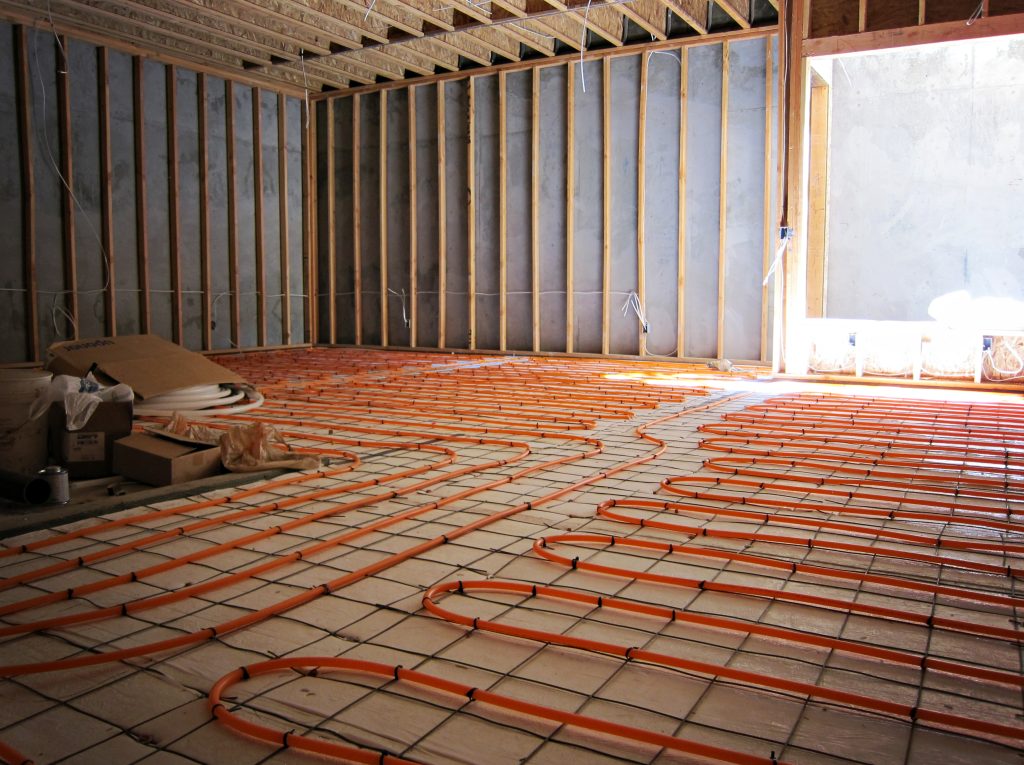
Radiant floor heating systems are gaining traction for their comfort and efficiency. Installed beneath the floor, these systems use either electric cables or hot water pipes to heat the floor surface directly.
The warmth radiates upward, creating a cozy and consistent indoor temperature. Radiant floor heating is particularly popular in bathrooms and kitchens, where it can provide a luxurious feel.
Geothermal Heating
Geothermal heating systems are a fantastic example of sustainable technology. These systems use the relatively constant temperature of the earth to heat and cool your home.
Pipes buried in the ground circulate a fluid that absorbs or dissipates heat, depending on the season. Although the initial installation can be costly, the long-term energy savings and environmental benefits are significant.
Integration with Home Automation
Another interesting development is the integration of heating systems with broader home automation platforms. Through the use of smart home devices, users can control their heating systems remotely via smartphones or voice commands.
This level of control not only adds convenience but also allows for more precise energy management, reducing waste and improving overall efficiency.
Advanced Insulation Techniques
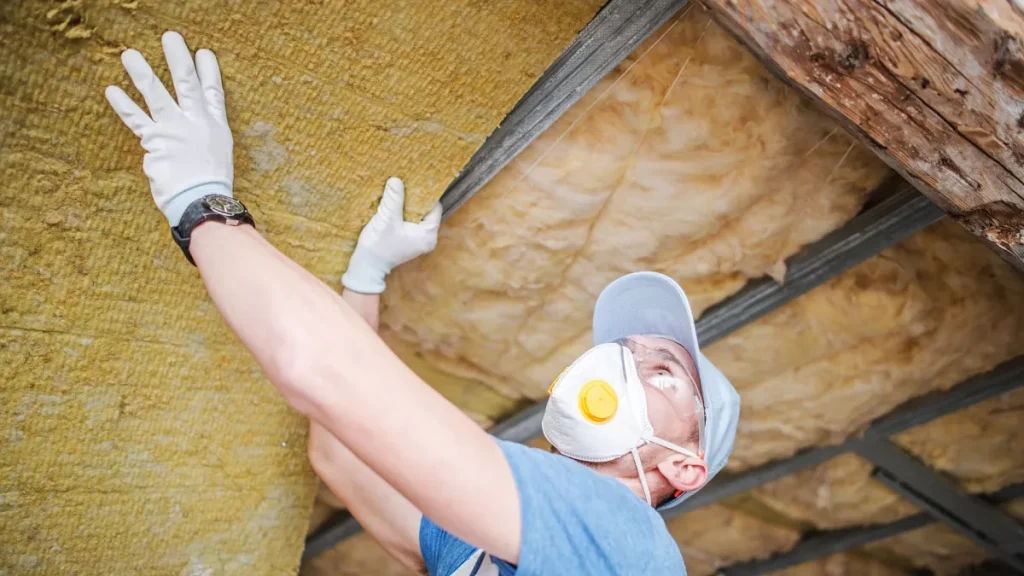
While not a heating system per se, advanced insulation techniques play a vital role in energy efficiency. Innovations like aerogel insulation, smart insulation, and insulating paints can greatly reduce heat loss, making any heating system more effective. Proper insulation can result in significant cost savings and improved comfort.
Conclusion
The market of home heating is undergoing significant changes, driven by technological advancements and a growing emphasis on energy efficiency and sustainability.
Whether it’s smart thermostats that learn your lifestyle, hydronic systems providing even heat distribution, or geothermal systems tapping into the earth’s consistent temperature, the options are more varied and exciting than ever.
By staying informed about these innovations, you can make smarter choices and enjoy a more comfortable, efficient, and eco-friendly home.


